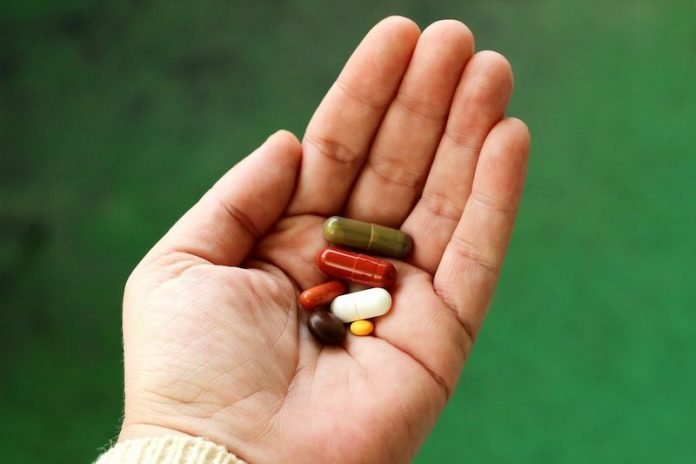
In a new study, researchers found that people who took statins to lower cholesterol were approximately 50% less likely to die if hospitalized for COVID-19.
They say that if their beneficial effect bears out in randomized clinical trials, statins could potentially prove to be a low-cost and effective therapeutic strategy for COVID-19.
The research was conducted by a team at Columbia University and elsewhere.
Previously, the team had found that COVID-19 patients who got very sick and required hospitalization had high rates of hyper-inflammation and clotting.
As cardiologists, statins naturally came to their mind. In addition to their well-known cholesterol-lowering effect, statins are known for their anti-inflammatory, anticoagulant and immunomodulatory properties.
Based on these observations, the team looked at outcomes for 2,626 patients with COVID-19 who were admitted to a quaternary academic medical center in Manhattan during the first 18 weeks of the pandemic.
They compared 648 patients who regularly used statins before developing COVID-19 to 648 patients who did not use statins.
The researchers found among the statin users, 96 (14.8%) died in the hospital within 30 days of admission compared with 172 (26.5%) of patients who did not use statins.
When other differences among the patients were factored in, they found that statin use was strongly linked to a 50% reduction in in-hospital mortality (within 30 days).
Patients on statins also tended to have lower levels of C-reactive protein, a marker of inflammation.
Other studies and meta-analyses from China have also suggested a survival benefit from statins among COVID-19 patients.
However, these results may not apply to patients in Western countries who generally have more cardiovascular disease.
The current study is one of the larger studies confirming the association. Smaller retrospective studies out of North America and Europe have found similar results.
One author of the study is Aakriti Gupta, MD, a cardiologist at New York-Presbyterian/Columbia University Irving Medical Center.
The study is published in Nature Communications.
Copyright © 2021 Knowridge Science Report. All rights reserved.



